
Zora Neale Hurston, a prominent figure in the Harlem Renaissance, served as both an author and anthropologist. Within the confines of her New York apartment, she established a nurturing haven for artists and writers, affectionately known as her salon. Similarly, Georgia Douglas Johnson hosted literary gatherings in her home, known as “Saturday Nighters.” Though Douglas Johnson lived in Washington, D.C., she wielded significant influence over Black writers hailing from various corners of the nation. This distinguished group, also known as the “Round Table” or the “S Street Salon,” boasted academics and visionaries such as Countee Cullen, W.E.B DuBois, Alain Locke, Langston Hughes, and Jessie Fauset, alongside other prominent African-American writers of that era.
Fast-forward to the present day, and we see these historic salon’s reimagined at the United States Conference on HIV/AIDS (USCHA). One of the notable plenary sessions held over the course of the four-day conference featured a powerful performance aptly named “The S Salon.” This distinctive three-act showcase incorporated elements of dance, spoken word, music, and IRL conversation all with the theme, “A Love Letter To Black Women.”
Drawing inspiration from pioneers such as Hurston and Johnson, “The S Salon” fostered the healthy conversation, all with the objective of eradicating the stigma linked to HIV, particularly within marginalized communities—most notably, Black women. The conference, held in Washington, D.C., held historical significance as well. Beyond being the city where Johnson held her famous ‘S Street Salon’ gatherings, D.C. has a compelling message about HIV. Statistics from the D.C. Department of Health show that a quarter of those living with HIV in D.C. are Black women, and 22 percent of those newly diagnosed with HIV between 2015-2019 were Black women.

The three act show included entertainers Ts Madison and Amanda Seales, Grammy-nominated songstress Baby Rose, National Book Award longlisted author Safia Elhillo, and other influential Black women delivered captivating performances centered around Black women’s sexual health and HIV prevention. “This is most definitely an important cause for me to support, or not just support, that I’m intertwined with,” said Madison, Grammy nominated entertainer and trans activist. “This is about Black people, Black women. We’re highly affected by the virus, and we’re highly affected by the virus because of the stigmas in our community.”
Madison, a former sex worker turned global sensation, firmly believes that the time has arrived to confront the issue of HIV and AIDS within the Black community. In her view, this moment is not only timely but has been overdue for quite some time. She said that it’s not the Black community’s unwillingness to learn, but the assumption that HIV/AIDS is just a “gay virus.”
“This affects us as black people in total, and so it’s important for me because it merges two communities together,” Madison explained. “I’m trans, there are a lot of trans and bio women here, and it affects us all the same.”
Sponsored by ViiV Healthcare, the sole pharmaceutical company dedicated to HIV, and produced by creative and entertainment studio Harley & Co., “The S Salon” performance explored themes of desire, intimacy, and pleasure through artistry while reshaping discussions surrounding sexual well-being and HIV prevention. While onstage, Seales expressed that “intimacy isn’t just physicality. Intimacy isn’t just about sexuality either. It requires emotional intellectualism about yourself.”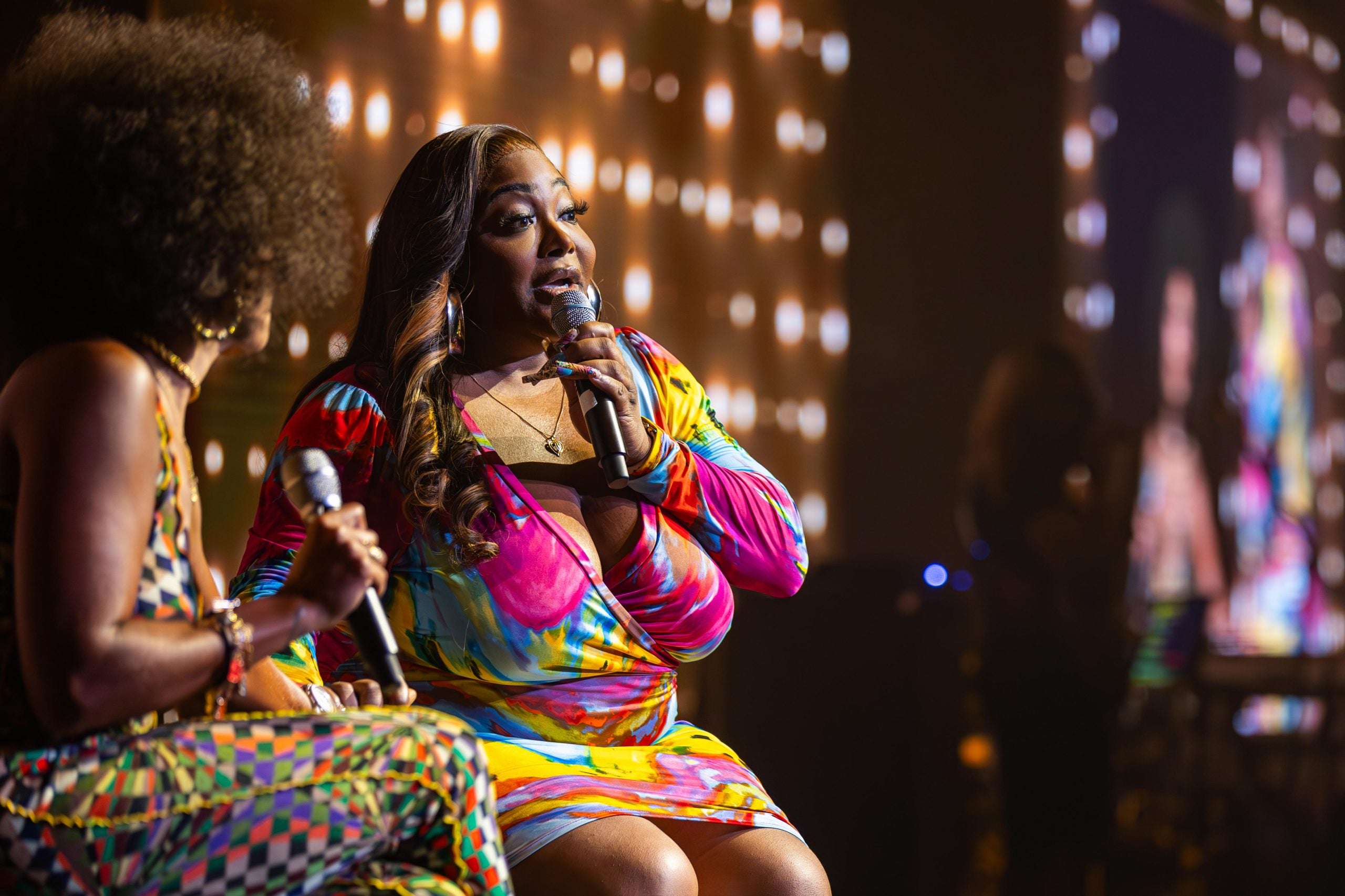 EVOTO
EVOTO
All too frequently, sexuality is misconstrued as a substitute for intimacy, when in reality, the two should coexist. In this context, Black women are often overlooked, which exacerbates the disproportionately high rates of HIV and AIDS cases among both cisgender and transgender Black women within this community. “I realize that I was misappropriating sex for intimacy,” Seales said. “I thought they were interchangeable. I thought, that’s how you get intimacy, by doing this [sex]. Sex can be intimate. But I think sometimes we think that because we are in this physical exchange, we believe that there is an emotional exchange happening. Intimacy has a lot of levels to it. There is a physical intimacy happening just with the closeness. But when we talk about intimacy, what we’re really talking about is truth that can’t be hidden from.”

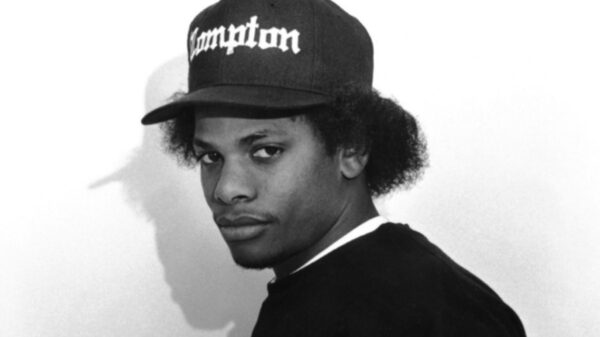

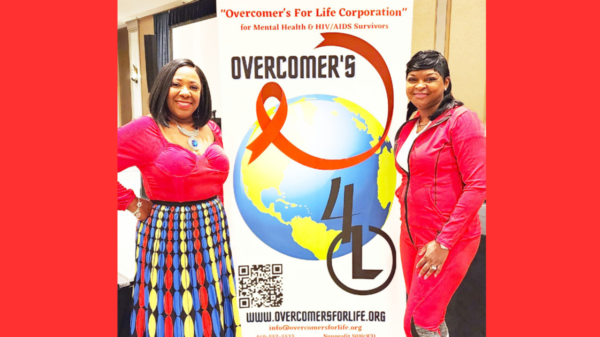
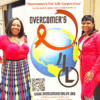
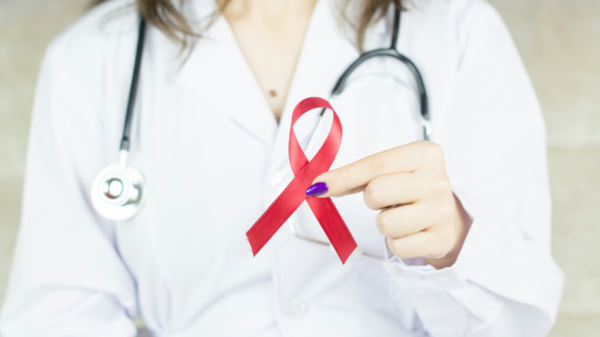

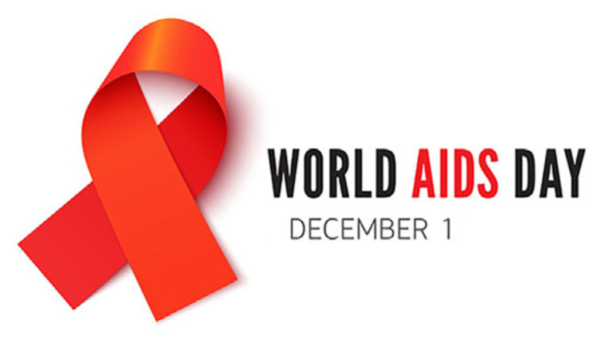
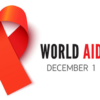
You must be logged in to post a comment Login